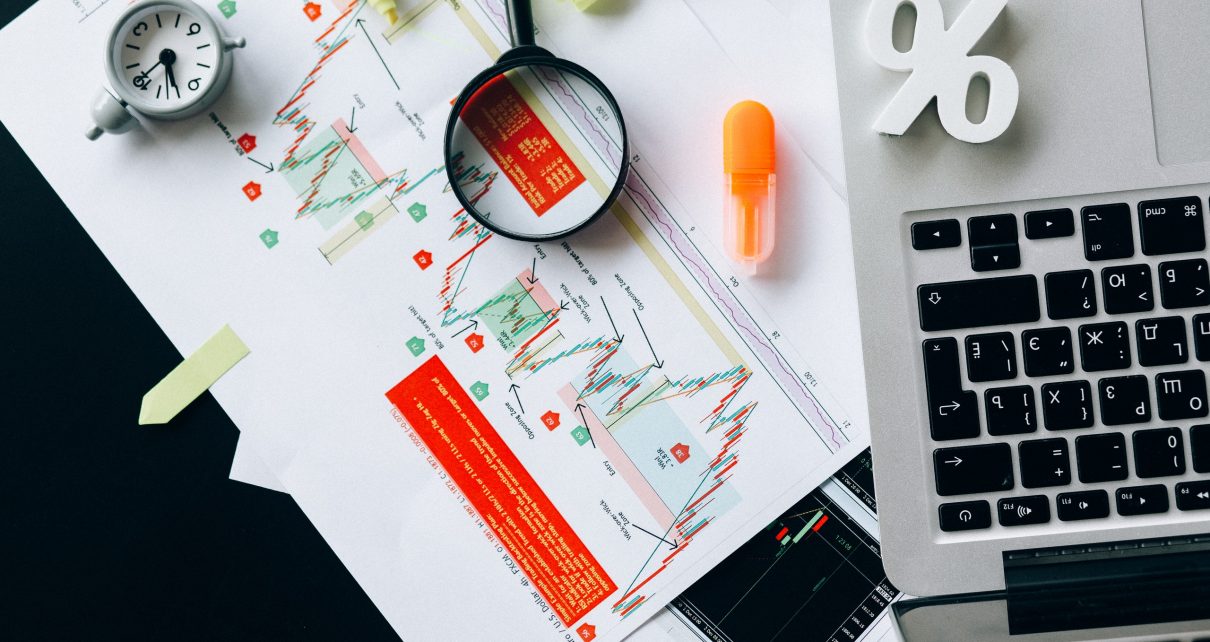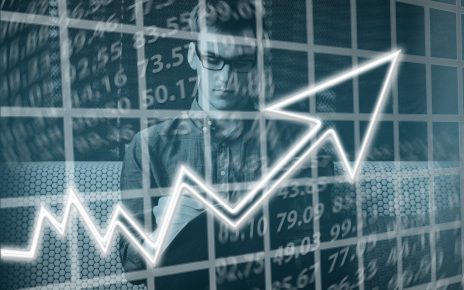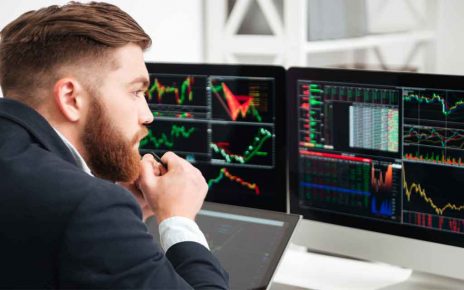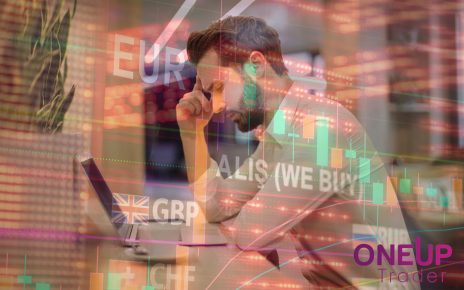If you’re looking to get started in futures trading, you need to understand all the basics first. One of the most important things to learn is the different types of futures contracts.
A growing number of people are entering futures markets these days, as there are many advantages of dealing in futures contracts. But some of them start trading without exploring all the options and numerous opportunities available to them.
We are here to solve that problem. Here is key information you need to gain a full insight into various futures markets and the different and most volatile futures contracts that you can trade.
Read about how to get funded and start trading in just one step!
If you’re looking to get started in futures trading, you need to understand all the basics first. One of the most important things to learn is the different types of futures contracts.
What is a futures contract?
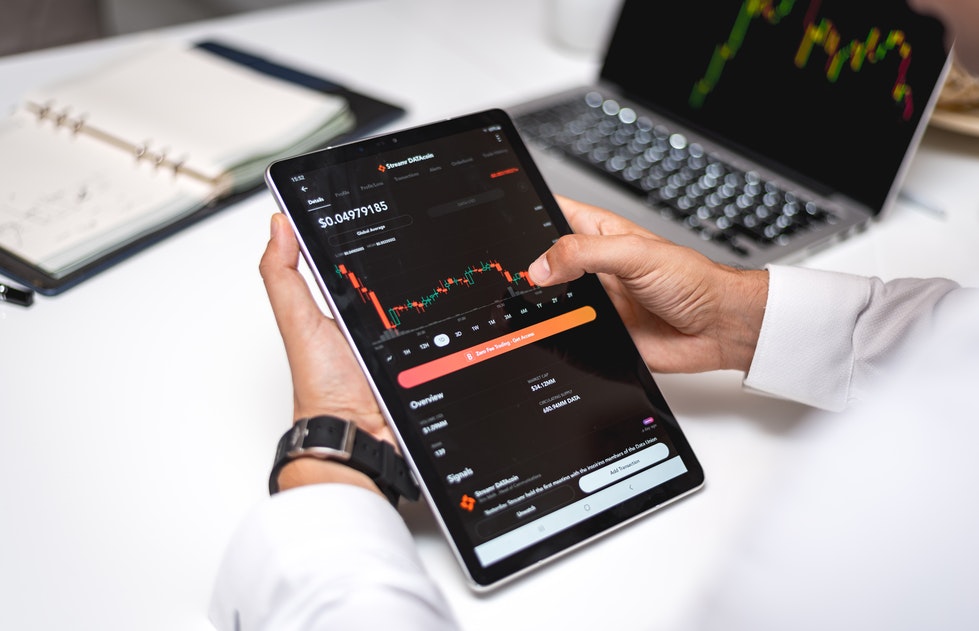
A futures contract is a legal agreement to buy or sell a particular asset at a pre-agreed price on a specified future date. It obligates the seller to deliver the underlying asset on that future date while obligating the buyer to purchase it at the set price as soon as the contract expires.
It is a standardized agreement, which means that neither the seller nor the buyer can change the contract’s specifications. Regulated exchanges are responsible for specifying each commodity’s quantity, quality, and delivery date, among other factors. The only thing that’s not standardized is the price.
These contracts are settled daily and traded on a centralized exchange, which provides the involved parties with anonymity. Clearing-houses are also there to eliminate the counterparty risk. They guarantee all transactions and ensure no buyer or seller defaults.
Read everything about Futures trading and How to get started in Futures trading!
Differences between forward and futures contracts
Many people confuse futures with forward-contracts. There are slight differences between them, which may be easily overlooked by the untrained eye.
The main difference between forward and futures contracts is that forward contracts are not standardized. They are private, customizable agreements for trading assets on a set future date.
Forward contracts are not traded on an exchange but rather over the counter. That’s why they are often referred to as over-the-counter (OTC) instruments. They also settle at the end of the contract, while futures settle on a daily basis until the end of the contract.
Because of that, and their private nature, forwards come with high counterparty risk: this means there may be a chance that one party will default. There are no third parties to regulate them and guarantee transactions so that anyone could default at any given time.
That’s why futures are a better option: with clearing houses guaranteeing the transactions, the probability of default is drastically lowered. A risk-free alternative.
What types of futures contracts are there?
There are two main types of futures contracts:
- Financial futures
- Physical futures
Financial futures typically involve buying and selling paper assets, such as stocks, currencies, money market accounts, bonds, and similar ownership-related assets. They are an excellent choice for investors and traders who are already familiar with the equity market.
Physical futures involve buying and selling commodities that are extracted from the earth, such as crude oil and precious metals, or those that are grown, such as livestock and agricultural products. The former are hard commodities, while the latter are soft commodities.
Trading physical futures is more advanced and comes with a higher risk. That’s because physical commodities are influenced by seasons, weather, supply and demand, transportation issues, and other factors that you can’t control.
Both of these types include different types of futures contracts, depending on the type of futures market.
Financial futures contracts
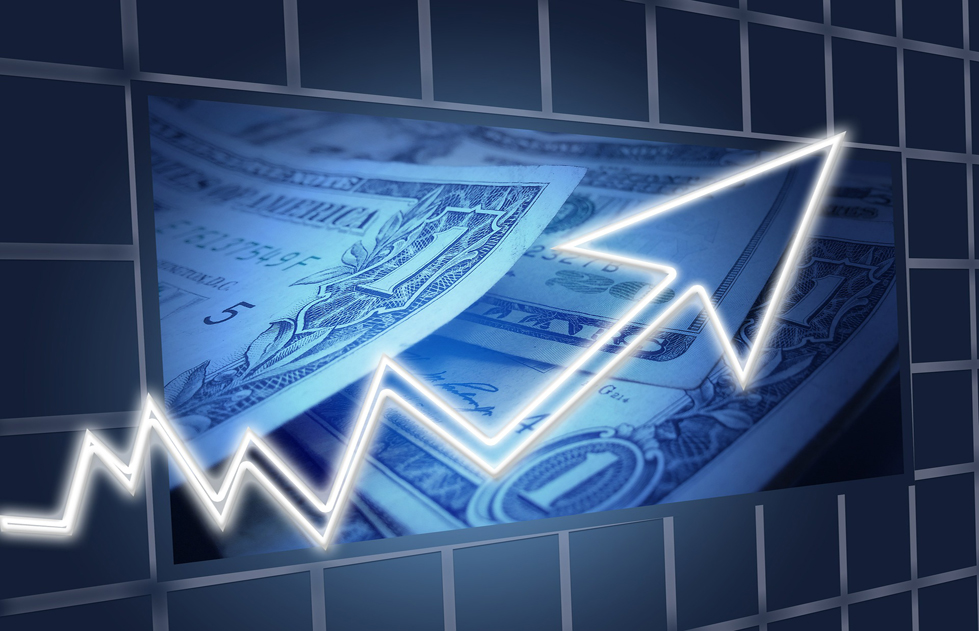
Just like any other investment, trading financial futures comes with both advantages and disadvantages. Let’s see what those are before exploring their types.
Pros:
- You can lock in a particular asset’s price for a predetermined future date, ensuring you don’t lose money if the price goes down or pay more if it goes up.
- You don’t need to put down a large portion of the contract’s value, as the deposit can be as little as 5-10%.
- You can trade futures at almost any time of day.
Cons:
- Financial futures are risky investments, as they rely on predictions of future prices.
- These contracts have expiration dates, which means you could lose money if your contract’s underlying asset starts losing its value as it approaches the specified date.
Stock index futures
Stock index futures (often referred to as stock futures or index futures), are contracts based on a stock index, such as S&P 500. Some of the most popular stock index futures include E-mini S&P 500, Dow Jones mini, E-mini NASDAQ, NASDAQ-100, and E-mini NASDAQ-100 futures.
They represent agreements to buy or sell a particular asset’s value at a specific price on a specified date.
However, sellers don’t deliver them on the expiration date. Buyers and sellers settle stock index futures daily, and they settle the underlying asset’s value differences in cash.
Currency futures
Currency futures are agreements to buy or sell a particular currency at a specific rate on a predetermined future date in relation to a particular price of another currency. Simply put, they specify the price of exchanging a particular currency for another on a specified future date.
The most popular currency futures include the so-called “Euro FX”, to distinguish it from the Eurodollar futures contract which is an interest rate contract that tracks the rate on U.S. dollars held outside of the United States, and other G-10 pairs as well as the E-mini Euro FX, and E-micro FX futures. These are the most heavily traded, while emerging market currency pairs have less liquidity.
These futures are also known as foreign exchange (Forex) futures, and hedgers and speculators typically use them. They can be delivered physically or settled in cash.
Interest rate futures
Interest rate futures specify the sale and purchase of debt financial instruments, such as treasury bonds and treasury bills. They enable buyers and sellers to lock in the price of an underlying asset that incurs certain interest rates, allowing them to hedge against any changes in interest rates.
These futures’ prices move inversely to interest rates’ changes. So, if interest rates increase, your futures’ price will decrease, and vice versa.
Physical futures contracts
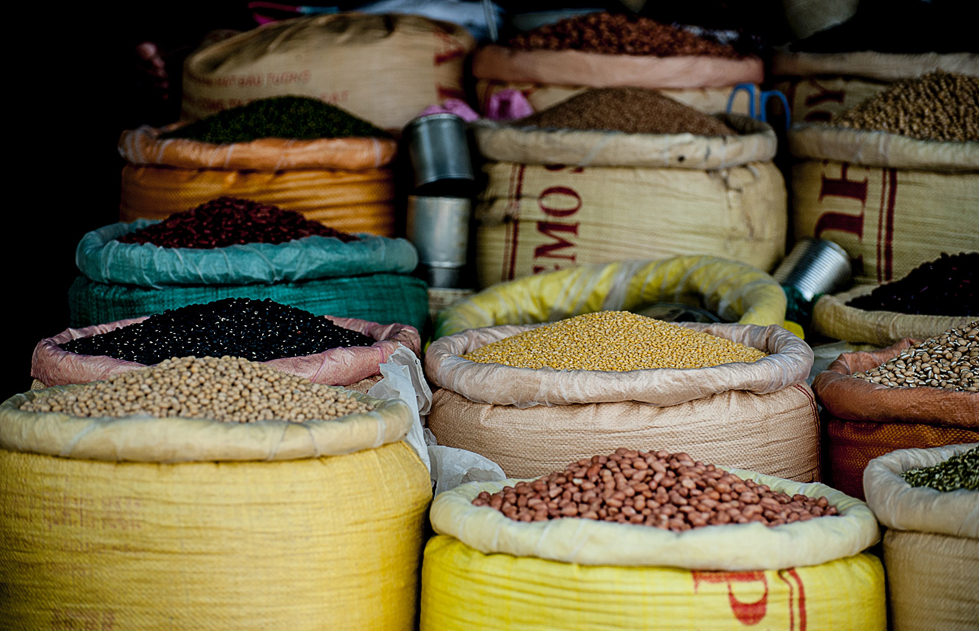
Physical futures contracts also offer both benefits and drawbacks to investors and traders. As already mentioned, they are riskier than financial futures, but they can also bring you a high ROI.
Trade futures with OneUp Trader
Pros:
- Physical futures are some of the most available contracts that are the easiest to trade.
- You can make a lot of money if predicting prices is your strong suit.
- You can generate a higher ROI with physical futures than with financial futures.
Cons:
- Prices of commodities are difficult to predict, so physical futures can be extremely risky investments.
- These contracts are influenced by factors that you can’t control, such as weather, seasonal supply and demand, tariffs, livestock diseases, crop diseases, and more. They can negatively affect your commodity’s price and lead to financial loss.
Here are some of the most common physical futures that you can trade.
Energy Futures
Energy futures are some of the most volatile futures contracts. They specify buying or selling fossil fuels and other related products, which are commodities with the highest demand.
They can include crude oil, refined oils, gasoline, natural gas, propane, diesel fuel, coal, kerosene, and other similar products.
All of these are immensely popular commodities in energy futures, but the oil futures contract might be the most popular type globally.
Metals Futures
Metals futures are also some of the most volatile futures contracts. They represent agreements to buy or sell precious metals, such as gold, silver, platinum, palladium, gold being the most volatile of them all.
They also include base metals like copper. Copper is becoming scarce these days, which is why many dub it as a precious metal.
Agricultural Futures
Agricultural futures include buying and selling soft commodities, such as livestock or grains. Farmers use these contracts to buy or sell grains or livestock at a fixed price on a specified upcoming date.
That helps them reduce potential financial losses due to changing seasonal patterns, weather, or diseases that may affect their livestock or destroy their grains.
How to calculate futures contract profit
Calculating futures contract profit (or loss) may seem overwhelming when you’re just starting, but it’s relatively straightforward.
All you need to do is multiply the dollar’s (or other currency’s) value as a one-tick move (upward or downward movement of the asset’s price) by the number of ticks your contract has moved since the purchase. To convert into dollars (or other relevant currency), divide the value by 100.
Have you thought about becoming a funded trader?
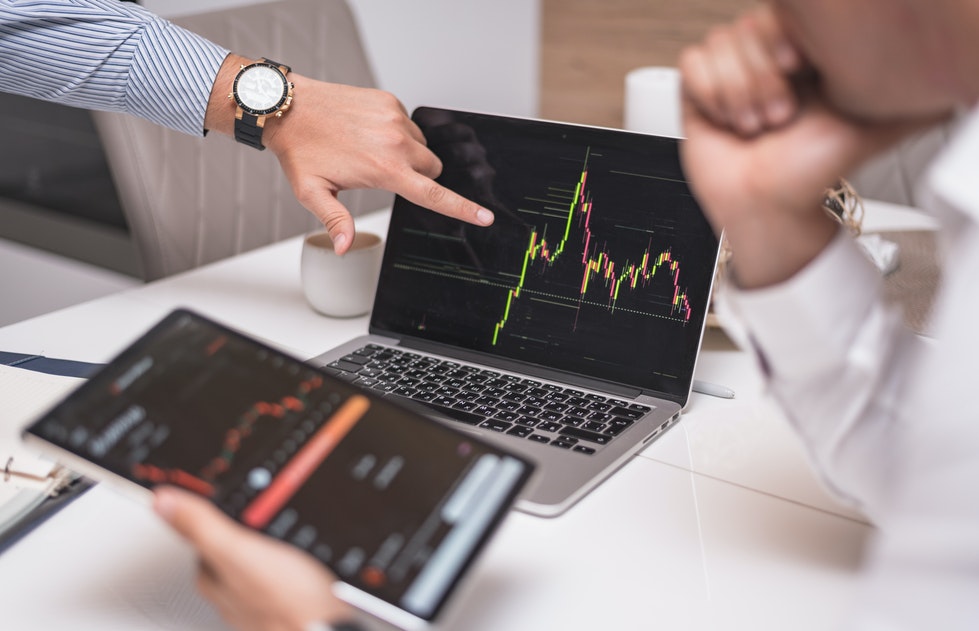
Investing in futures contracts can be challenging if you don’t have enough cash to fund your trading. That’s why becoming a funded trader might be the best alternative.
When you’re a funded trader, you take advantage of an entirely risk-free way to trade futures.
At OneUp Trader, we connect aspiring traders with funders who can share the risk and help them achieve financial and professional independence. We can help you become a fully-funded trader so that you don’t have to invest a dime to get started in futures trading.
After you select your preferred account, you need to take only one evaluation step. Once you pass, you can choose from over 20 trading platforms and begin trading different types of futures contracts anytime and anywhere.
You can share ideas with the community and access advanced analytics and industry news to improve your trading. Once you hit your target, you’ll receive funding from our partners.
OneUp Trader is a community of traders who work together towards a common goal, helping one another learn, maximize potential, and generate a high ROI. We are committed to full transparency, trust, and simplicity.
Try our funded trading platforms for free to get the hang of how they work, and check out our blog to learn more about trading. If you have any questions about our platforms, feel free to reach out anytime.
Join our growing community today and unleash your financial independence!



